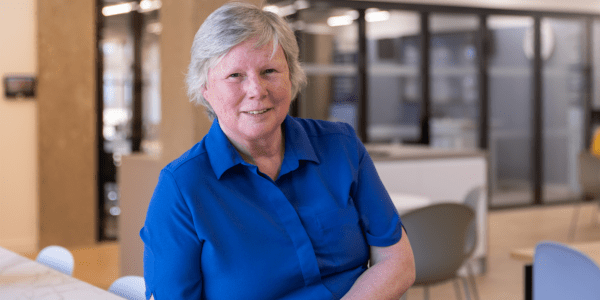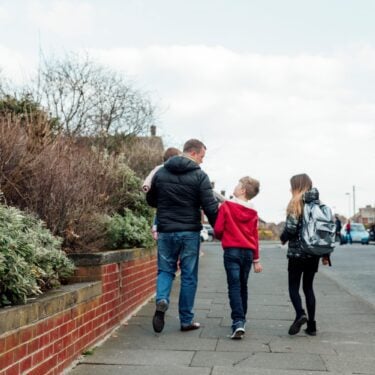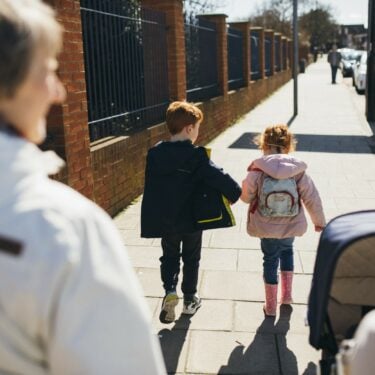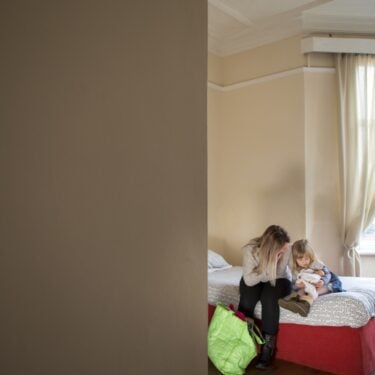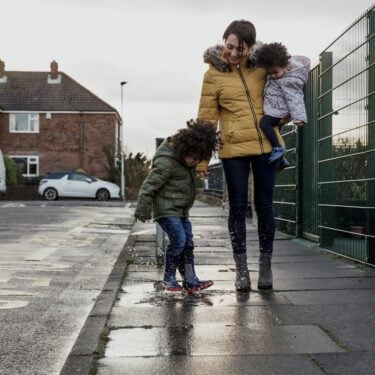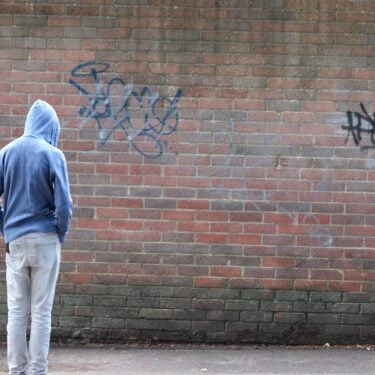The Nuffield Foundation has awarded a grant of £325,000 to fund the UK’s first Administrative Justice Institute (UKAJI), a collaborative project designed to kick start the expansion of empirical research into administrative justice issues.
UKAJI will be led by Professor Maurice Sunkin at Essex University’s School of Law and will operate for an initial term of three years from October 2014. It is an independent, broad-based, cross-disciplinary body focusing on research relating to administrative justice across the UK.
The institute will address the lack of empirical research evidence on different administrative justice mechanisms by:
- Linking the policy, practice and research communities through an online forum, and a series of seminars and workshops. UKAJI will also develop a searchable database of researchers active in the field.
- Developing a coordinated research agenda, by undertaking an updated review of the UK and international literature, and creating opportunities to engage researchers from disciplines which have not traditionally been interested in administrative justice issues.
- Identifying and tackling capacity constraints, by improving access to data and information, and encouraging early career researchers into the field.
Why administrative justice?
Public bodies make millions of decisions each year that directly affect the rights and interests of individuals. These can relate to matters as wide-ranging as family incomes, jobs, welfare benefits, health care, housing, and education. Individuals have the right to seek redress if they believe the wrong decision has been made. For example they may be able to ask the public body to consider the matter again, complain to an ombudsman, appeal to a tribunal, or challenge the decision in judicial review proceedings. These avenues of redress are intended to ensure administrative justice.
The ‘administrative justice system’ encompasses the procedure, law, and mechanisms for resolving disputes between individuals and public bodies. This ‘system’ deals with more cases than the criminal and civil justice systems combined. In 2010 there were around 63,000 civil trials and 200,000 criminal trials in England and Wales. In the same year there were over 650,000 hearings before tribunals, in addition to innumerable internal and ombudsman complaints.
Core team
UKAJI has a core team of 11 and is supported by post-doctoral research assistants and an administrate assistant. The core team will work with a wider expert of experts and its work is overseen by an advisory group.
Varda Bondy, Senior Research Fellow, De Montfort University, formerly Director of Research, Public Law Project
Ray Burningham, formerly Chief Executive, Administrative Justice and Tribunals Council, currently adviser to Welsh Government on Administrative Justice
David Cowan, Professor of Law and Policy, Bristol
Christian Gill, Lecturer in Administrative Justice, Queen Margaret University
Christopher Hood, Gladstone Professor of Government and Public Administration, Oxford
Andrew Le Sueur, Professor of Constitutional Justice, Essex
Tom Mullen, Professor of Law, Glasgow
Lucinda Platt, Professor of Social Policy, LSE
Steve Pudney, Professor of Economics, Institute for Social and Economic Research, Essex
Vania Sena, Professor of Business Economics and Entrepreneurship, Director of the ESRC Business and Local Government Data Research Centre, Essex
Maurice Sunkin, Professor of Public Law and Socio Legal Studies, Essex











